After COVID-19 turned the world on its head, I, like many others, had no choice but to conform to the government’s regulations of staying at home and practicing “social distancing”. This got me into baking; yet unfortunately, the results did not turn out to my favor.
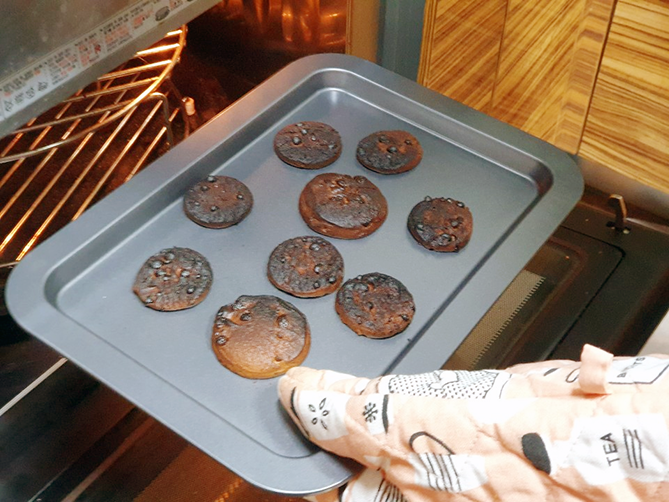
My baking experiences resulted in failure after failure. Baking cookies is not considered rocket science but then again, even after following the directions on the recipe, the outcome was nowhere close to what I had expected. Was it better to quit this ordeal of doing something that I was not meant to do?
As an aspiring biologist, I asked myself a simple question: what went wrong and where?
Failure is an experience that we all, as human beings, go through in some form or another. While failure may be frowned upon by society, there can be cases where it proves otherwise. Throughout history, the names we see in our textbooks, such as Thomas Edison, clearly details the positive impacts of failing.
According to Edison’s biography published in 1910, Edison, His Life and Inventions by Frank Lewis Dyer and Thomas Commerford Martin, failure is an invaluable component that propels science forward. In the book, Edison told a friend, Walter S. Mallory, that he had already conducted more than 9,000 experiments for a battery project that he truly wanted to complete. The book goes on to say that Edison “with a smile replied: ‘Why, man, I have gotten a lot of results! I know several thousand things that won’t work.’” And the rest was history because now, the batteries eventually became the most commercially successful product later in his life.
The value of failure is also applied in the medical field. “Failure is the most important ingredient in science,” says Seon Kim, the former histo-technologist at the University of Texas MD Anderson.
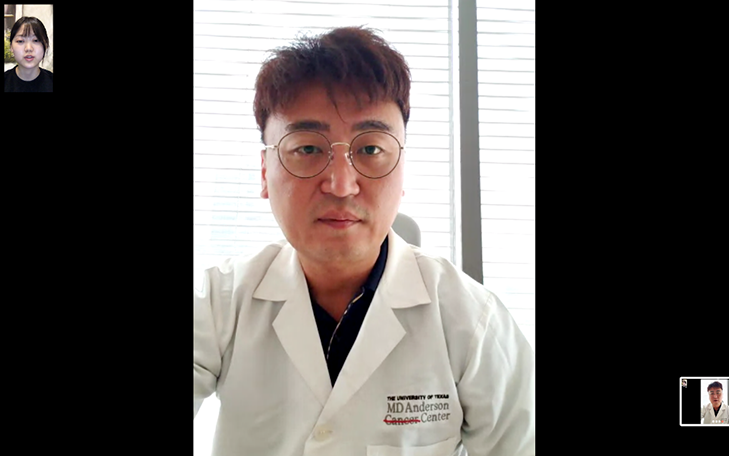
“When an experiment fails or doesn’t work out the way you expected, it tells you there is something you didn’t know,” he says. This is the value of failure. It leads us to what Seon calls “the portal of the unknown.” This “portal of the unknown” is where the deepest and most worthwhile questions originate from. And asking those questions can spark new ideas and types of experiments. The best thing a scientist can discover is “a new or better question,” Seon says.
Seon’s and Edison’s approach is different from the way science is carried out in most classrooms. Schools tend to focus on covering myriad of topics and memorizing countless facts. The problem with books, such as textbooks, explains Seon, is “they have no context.” By focusing on successful outcomes, Seon says, “we leave out 90 percent of science.”
Learning through collaboration can also help us see mistakes in a more positive way. Jongtae Kim, the director of Hyundai Motor Company, has studied the effects of errors and how they can benefit learning in a corporate setting. The most effective learning technique, he found, was giving employees a chance to discuss their errors.
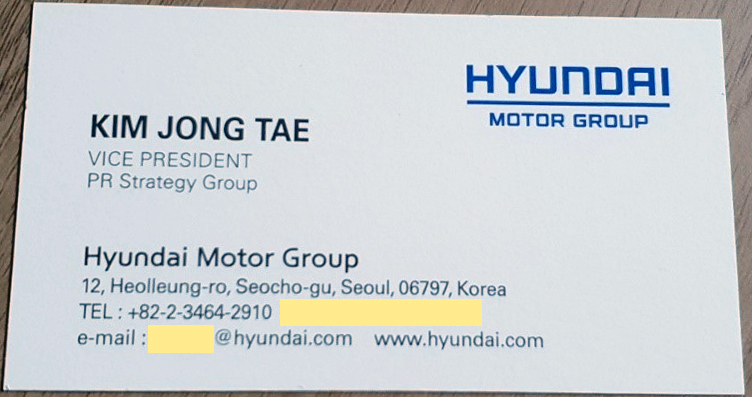
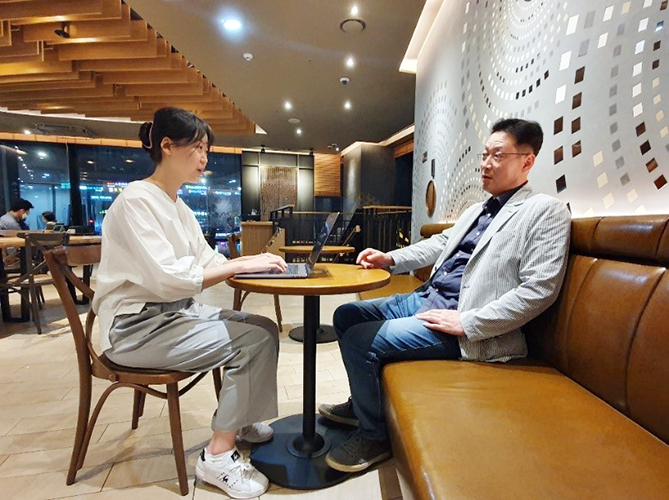
“When you connect with someone else’s ideas,” Kim points out, “you go deeper.” Allowing employees to freely bounce back ideas allowed transparent communication between all levels of management. “You have only got something to learn if you make a mistake,” he concluded. And that is the message Kim tries to give to his employees.
Yet some still come to work with a fear of failure. They believe that a mistake means they are not competent. Some give up before they even try because they are so scared of being incorrect.
“It is especially important for people to see mistakes as a learning opportunity,” Kim says. He also asserted that getting people to recognize their mistakes as a natural part of learning takes time. To Kim, being able to “approach mistakes with confidence” is more important than anything else an employee can offer.
We have all been embarrassed by making a mistake c. But finding success as a result of struggling toward a solution will hopefully help the world become more eager to approach future challenges.
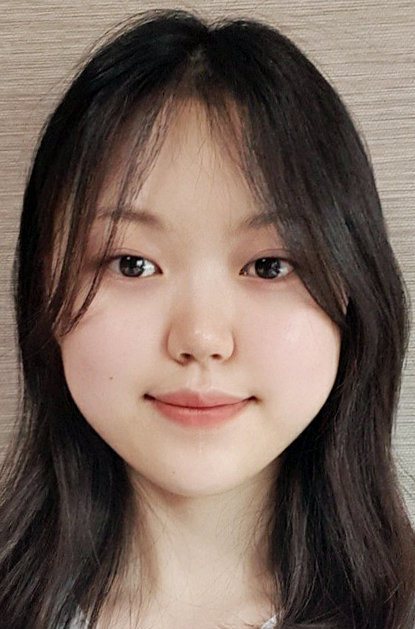
Yeojin Kim
Senior (Grade 12)
The Learning Community International School

